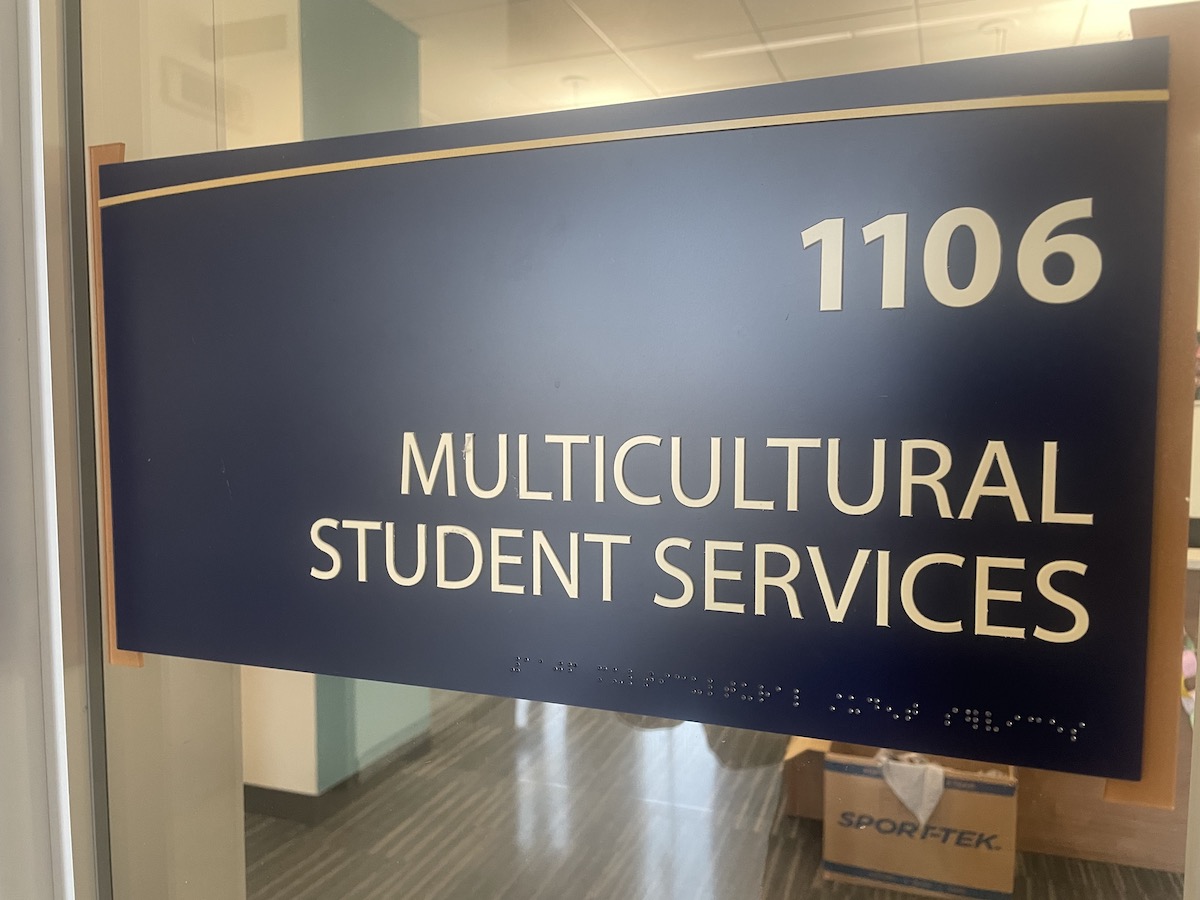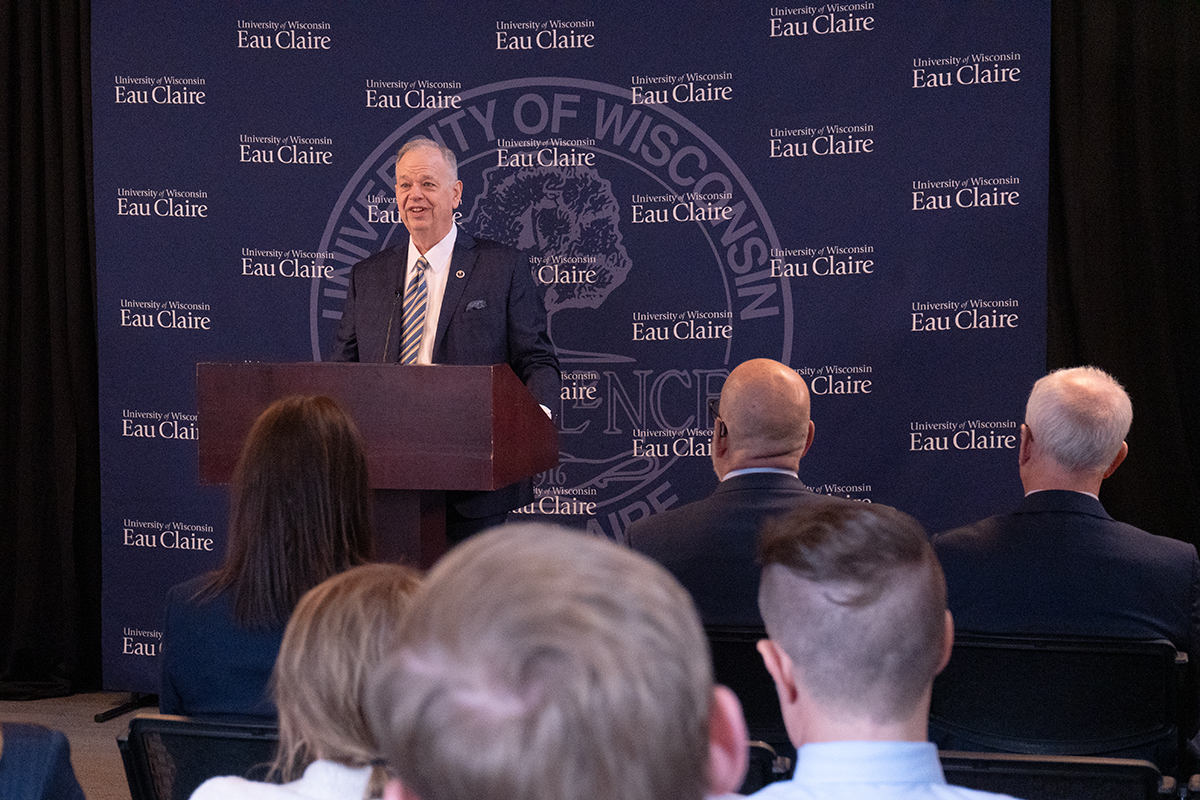 Renee Rosenow
Renee RosenowChancellor Brian Levin-Stankevich tackled issues including the drinking age, voting and food pricing at the first Chancellor’s Roundtable of the fall semester on Monday in the Presidents Room of Davies Center.
The Chancellor’s Roundtable is an opportunity for the chancellor and his cabinet to answer student questions. Student Senate and the University Activities Commission coordinate the event.
The first topic covered was the Amethyst Initiative, an effort to rethink the current drinking age. According to their Web site, amethystinitiative.org, 130 college and university presidents have signed the initiative so far.
Although Levin-Stankevich said he would not sign anything anytime soon, he wants there to be discussion on the issue.
“I have always been ambivalent about 21,” he said. “I just think it was pulled out of thin air . hopefully there will be dialogue so we might understand other lessons that come out of it.”
Chuck Major, director of Housing and Residence Life, agreed and said that alcohol issues had not been worse when the age limit was 18.
“When I started here I was 18 years old and the dorms didn’t fall apart,” Major said.
Levin-Stankevich said the issue has been discussed at the UW level but they do not feel that it is time to take a position on the Amethyst Initiative to lower the drinking age.
Freshman Phil Rynish said he appreciates that the chancellor holds periodic roundtables.
“It is good that they are talking to us .,” Rynish said. “I can see from a chancellor’s view you don’t want the drinking age to be lowered if there are going to be wild parties in the dorms.”
The next focus of the roundtable was the role of the university with students and voting, because of the upcoming election.
“We certainly want students to begin (voting) as soon as they can,” Levin-Stankevich said. “It is their right to vote, or what I like to call it – their responsibility to vote.”
He also said they make facilities available for organizations to have candidates come and speak on campus to help inform students of their choices.
Levin-Stankevich said by law the university has to promote voter registration but it is student organizations’ responsibility to inform and sway the voters.
The last topic covered at the roundtable was campus pricing and students’ role in food service price changes.
Director of University Centers Charles Farrell said prices are set every year with the food service partner, Sodexho, and their pricing contract for food, which is up this year.
He said a review committee will look at the contract in the spring and this is where flexibility in meal plans and transfer schemes can be decided. He said students will be included on the review committee.
“The price of food skyrocketed last year and the price setting process was beneficial because it prevented our prices from skyrocketing,” Levin-Stankevich said. “Balance is a challenge though, students want local foods and say they are willing to pay more for that.”
Rynish said learning about what happened with the food price change is important and as long as people are informed, they know why the prices are there.
The topics for the next Chancellor’s Roundtable, at 4 p.m. on Monday, Nov. 3 in Presidents Room of Davies Center, have not been decided.







